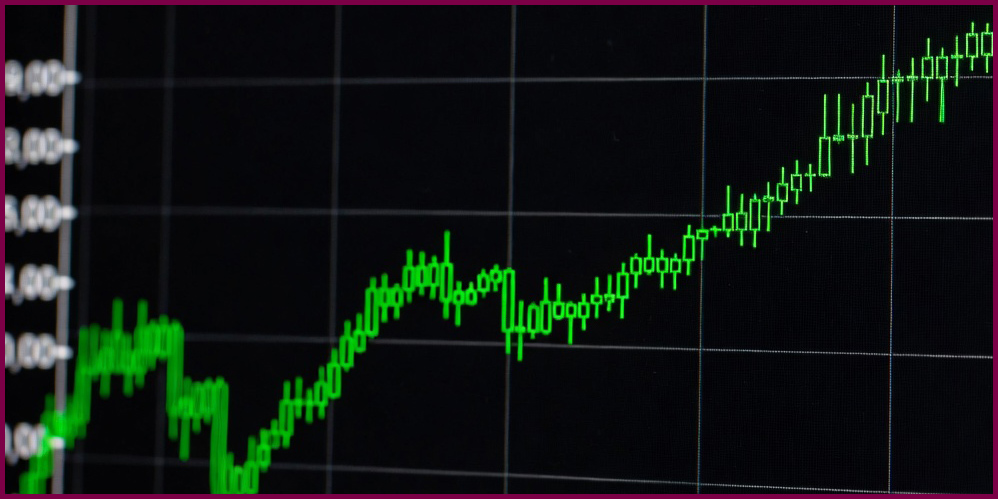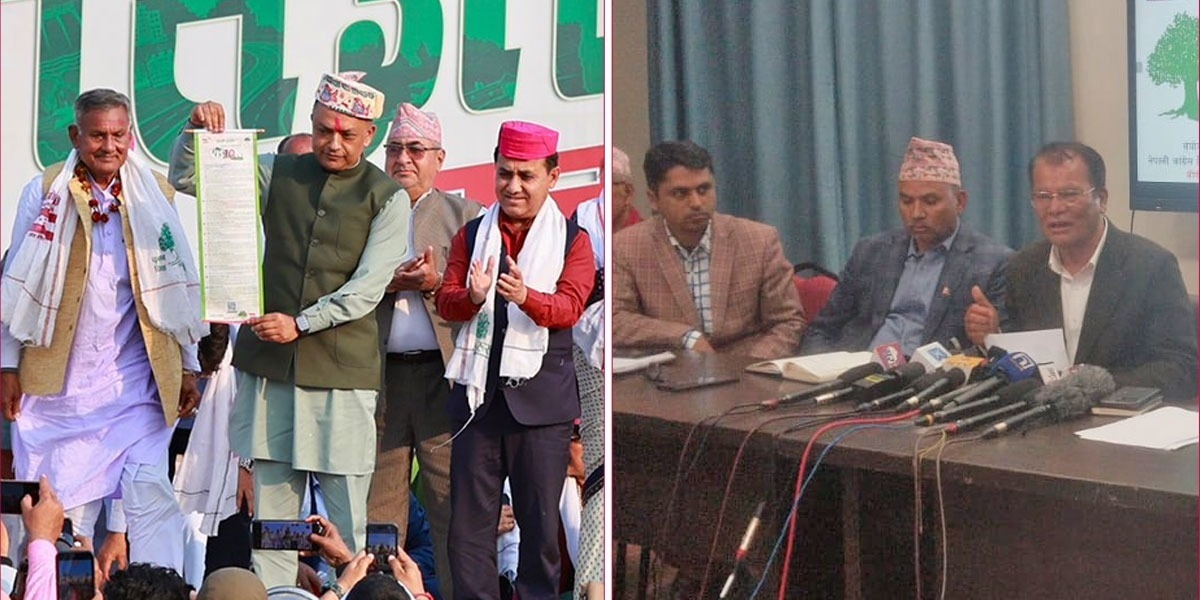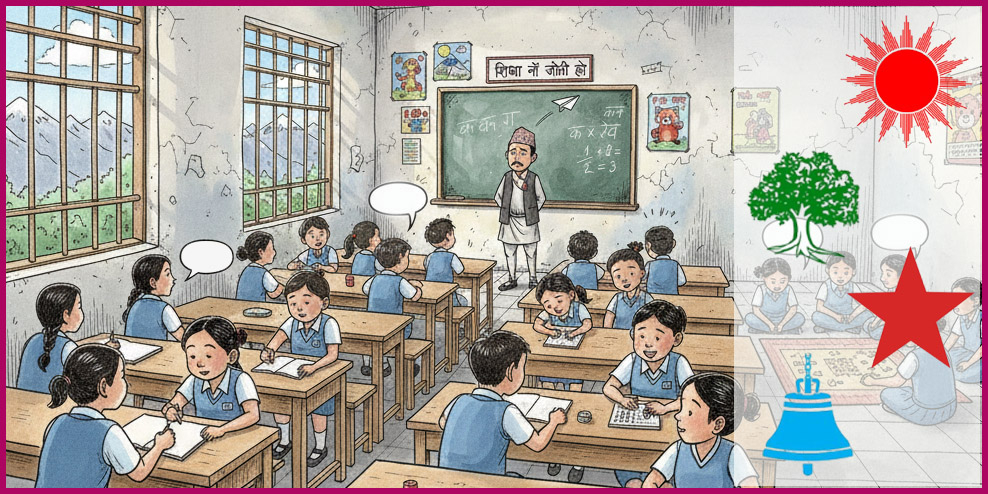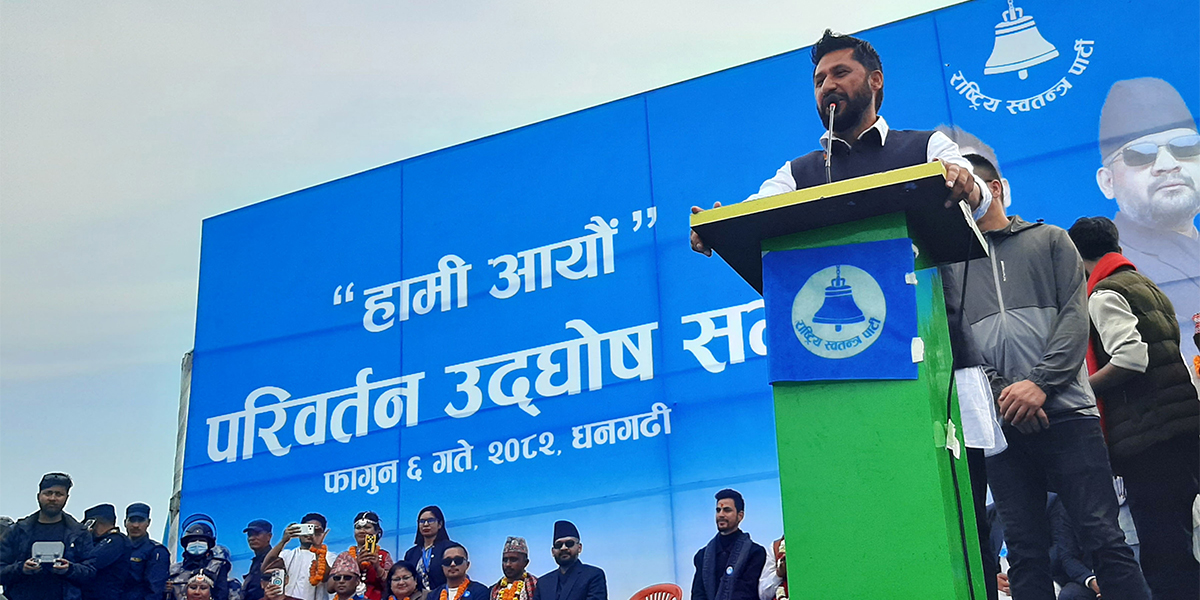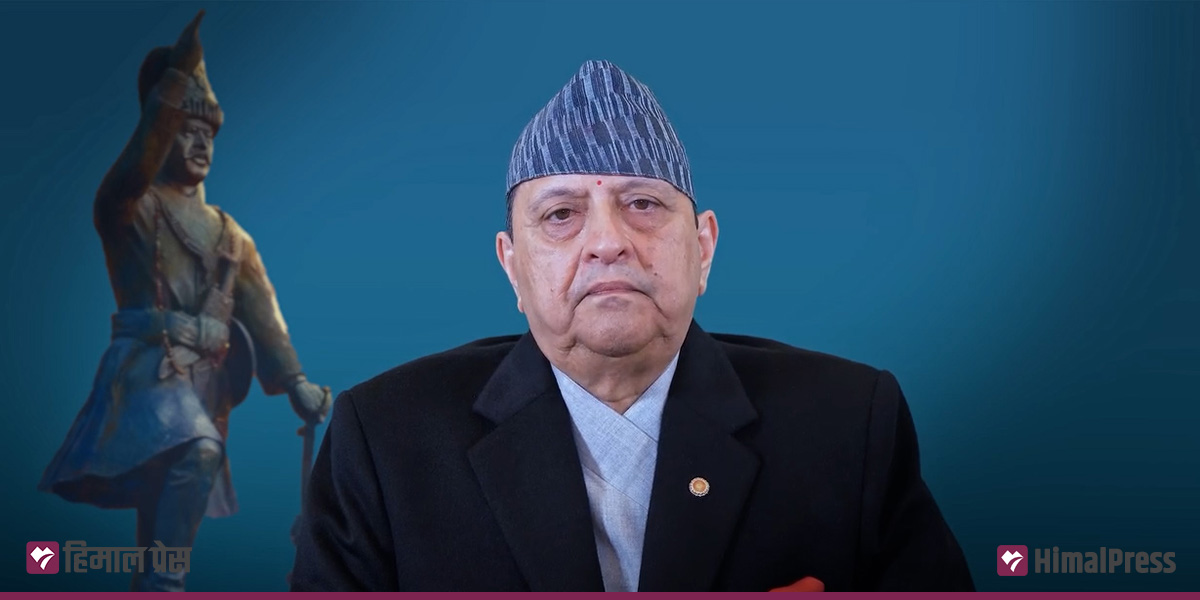
KATHMANDU: The country’s trade deficit fell by 13.1% to Rs 359.18 billion in the first three months of fiscal year 2022/23, compared to a growth of 58.3% in the same period of the previous fiscal year, thanks to import restrictions.
According to the Current Macroeconomic and Financial Situation Report of the first three months of 2022/23 published by the Nepal Rastra Bank on Wednesday, both merchandise exports and imports fell in the review period.
Nepal’s exports fell by 35.7% to Rs 41.82 billion in the review period against a growth of 109.5% in the same period of the previous year. Exports to India and China fell by 45% and 35%, respectively, whereas exports to other countries were up by 5%. Exports of zinc sheet, particle board, woolen carpets, readymade garments, tea, among others, increased during the review period, while exports of soybean oil, palm oil, oil cakes, jute goods, silverware and jewelries, among others, decreased.
The government has prohibited the import of motor vehicles, liquors, mobile phones costing more than $300 and motorbikes with a displacement of more than 150cc until mid-December.
Likewise, merchandise imports fell by 16.2% to Rs 401 billion, compared to a growth of 63.7% in the same period a year ago. Imports from India, China and other countries fell by 14.8%, 16.7%, and 19.2%, respectively.
Imports of petroleum products, chemical fertilizer, sponge iron, medicine, coal, among others, increased in the review period, whereas imports of transport equipment & parts, silver, telecommunication equipment & parts, crude soyabean oil, M.S. wire rod, bars, coils & others, among others, fell.

 Himal Press
Himal Press 
